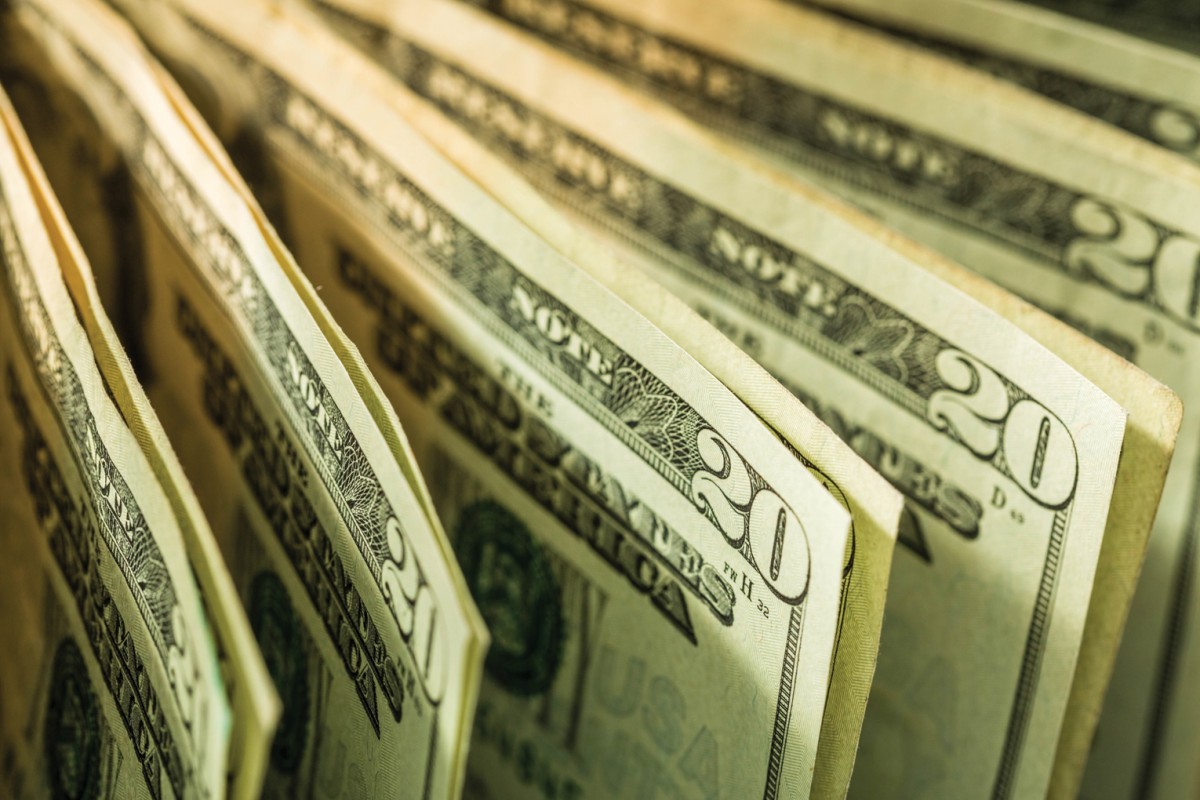MORGANTOWN — From mid-April through June, the campaigns for West Virginia’s U.S. Senate seat were only marginally supported by West Virginians.
For incumbent Democrat Joe Manchin, 95.4 percent of his individual contributions came from other states. For Republican challenger Patrick Morrisey, the state attorney general, 75.7 percent of his contributions came from other states.
These figures don’t include PAC funds or independent expenditures by outside groups spent on behalf of the candidates. (Independent expenditures are filed separately and not part of this report.)
The numbers come from the candidates’ July quarterly reports filed with the Federal Election Commission, covering the period of April 19 through June 30 — spanning the weeks before the May 8 primary through the early portion of the general election period.
Manchin
For the period, Manchin raised $1,232,687.82; $298,427.48 came from PACs, while $934,260.34 came from individuals. Of the total from individuals, $891,170.20 came from out of state.
Apart from West Virginia, he received 686 contributions from 34 states plus Washington, D.C., and the Virgin Islands. The two Virgin Islands gifts came from the same person.
His top five states: New York, 145 gifts totaling $269,685; California, 88 gifts totaling $120,753.12; Illinois, 59 gifts, $99,808.33; New Jersey, 40 gifts, $62,525; Pennsylvania, 43 gifts, $44,575.
During the period, Manchin spent $375,781.63, leaving a balance of $6,279,968.11 (he also had a prior campaign balance to work with). His totals for the election cycle to date were $6,837,486.55 raised and $2,297,610.72 spent.
Morrisey
Morrisey raised $1,108,938.51 during the period; $348,100 came from PACs, $3,536.73 from himself, and $709,901.78 from individuals. Of his gifts from individuals, $537,651.50 came from other states.
Morrisey received 534 donations from 41 states plus D.C. and Guam. From Guam came a single donation of $250.
His top five states: Virginia, 52 gifts totaling $57,185; Minnesota, 27 gifts, $40,630; Florida, 36 gifts, $40,600; New Jersey, 28 gifts, $38,520; Kentucky, 21 gifts, $36,100. California came in a close sixth, with 50 gifts totaling $30,505.
Manchin fared better in Morrisey’s home state of New Jersey than Morrisey did; he scored 12 more donations and topped Morrisey’s Jersey total by $24,005.
Two of Morrisey’s donors are named Blankenship: One in Florida gave $2,700; one in Alabama gave $200.
During the period, Morrisey spent $989,588, leaving a balance of $894,493.79 — about 14 percent of Manchin’s summer war chest.
Morrisey’s election cycle totals: $2,634,208.20 raised, $2,054,635.81 spent.
WVU geography professor Ken Martis, whose specialties include post-election analysis of Congressional and presidential elections, offered some thoughts on the fundraising.
Manchin is one of a small handful of Red State Democrats whose re-election is in question, he said, and the Democrats can’t re-take the Senate if they’re lost.
“The national Democratic Party recognizes that they need to support him.”
California, in particular, leans liberal and is a funding font. Barack Obama made frequent fundraising trips there, Martis said.
However, it may be hard to unseat Manchin, Martis said. He has a good reputation in the state and is viewed as moderate. He likes to use the term “commonsense” to describe his approach to politics.
Don Blankenship
Once and possibly future candidate Don Blankenship continues to be almost entirely self-funded.
Having placed third in the May GOP primary, Blankenship joined the Constitution Party on May 31, a little more than midway through this reporting period.
The secretary of state denied his new candidacy based on the “sore loser law,” revised during the 2018 legislative session and taking effect June 5. The validity of Blankenship’s candidacy awaits a judge’s decision.
During this period, Blankenship received three contributions from West Virginians totaling $3,000.
He gave himself — gave his campaign committee to be technically correct — $500,000. He lists this on the page with the other three gifts, but calls it a loan elsewhere.
Whether that would be considered a West Virginia contribution or an out-of-state gift depends on where Blankenship actually lives. As reported in the media, Blankenship maintained he’s a Nevada resident during his criminal proceedings stemming from the Upper Big Branch explosion.
The New York Times describes the home as a “$2.4 million villa with palm trees and an infinity pool near Las Vegas.”
A May story in the Las Vegas Review-Journal is headlined “GOP candidate for Senate in West Virginia calls Las Vegas home” and asks the question, “Could Nevada get a third senator thanks to West Virginia voters?”
However, Blankenship also has a residence in Mingo County. His various candidate filings list a Williamson post office box as the mailing address for himself and his committee.
For the election to date, Blankenship reports a total $5,000 in contributions and $4,015,000 in loans from himself.
During this period, he spent $1,146,610.18. For the cycle, including his time as a Republican, he spent $3,995,070.63.
Rusty Hollen
Libertarian Rusty Hollen, of Clarksburg, is listed on the secretary of state’s website but Hollen has filed no financial forms with the FEC.




